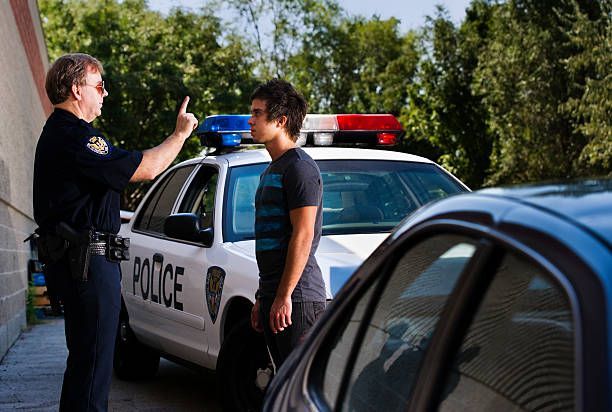'Man's Best Friend' Can Be Mean And Costly!
There are 74.8 million dogs in the United States. Every 40 seconds someone in the U.S. seeks medical attention for a dog bite. Approximately 4.5 million Americans are attacked by dogs every year, with 800,000 of those attacks requiring medical attention. Dog bites send nearly 36,800 victims to the hospital emergency room every year (more than 100 per day).
Getting bitten by a dog is the 5th most frequent and common reason for visits to the emergency room (ER) by children. Dog-attack victims in the U.S. suffer more than $1 Billion in monetary losses every year. 20% of the reported attacks were by dogs that were chained or broke free from a chain. Dog bites are becoming more and more common because of the increase in dog ownership and interactions between people and dogs. Dog bites account for the 2nd highest number of injuries to children, behind only baseball and football. Nevertheless, what they lack in frequency, canine attacks make up for in horror, grief and loss.
For many years, South Carolina followed the general laws in the South inasmuch as we were a "1 free bite" state, which means that unless the dog that you owned had actually bitten one person before, you were not liable for the attack. In 1974, Chief Justice Bruce Littlejohn eradicated this traditional in the law by finding that the one-free-bite-rule was outdated. He said that dogs, in and of themselves, have vicious propensities and therefore the on-bite rule is abrogated. as a result, dog owners are therefore liable for their dogs and the resulting injuries when they bite people.
In 1986, Tom W. Dunaway III, an Attorney and Founder of the Dunaway Law Office, tried a case by the name of Mitchell v. Bazzle,
304 S.C. 402, 404 S.E.2d 910 (1991) in the Anderson County Court of Common Pleas. This case alleged that Jessica Mitchell, a minor child, who lived in a mobile home park known as Village Hill, was bitten and seriously injured by another tenant's (Bazzle's) dog. That tenant had no insurance as a practical matter and the only person who might have had some insurance to cover little Jessica's disfigurement injuries was the landlord of the mobile home park. An Anderson County jury awarded Jessica Mitchell $25,000 and her case was appealed to the SC Supreme Court. It ruled under the common law that the landlord could not be held liable for his tenant's dog even if he knew of the dog's vicious propensities. This case was very important because it led to the passage of the Residential South Carolina Landlord Tenant Act (RLTA), which allowed tenants for the first time to have certain real and delineated rights regarding their rental propertied from landlords. As a result of this case and others that followed, tenants in SC now have defined rights in many aspects when dealing with landlords and rental properties.
Now, under South Carolina law, a landlord can be held "strictly" liable when a tenant's dog injures another person while on property that is under the control of the landlord under a theory of vicarious liability. This means that an owner of a dog can be held liable when it bites and injures another person even if they did not know the dog would attack. Likewise, a landlord that allows for tenants to keep dangerous dogs and other animals on their property can also be held liable for failure to keep the premises under their control in a reasonably safe manner. A dog owner may be liable for such an attack IF:
(1) the injuries are caused when the owner's dog bites or otherwise attacks another person;
(2) the injured person was in a public place or common area or was lawfully on private property; and
(3) the injured person did not provoke the dog.
Of course, you take these injuries in light of the fact that under both Anderson County and Anderson City ordinances, a dog owner is required to have their pets on a leash, although this is rarely enforced. So how can you protect yourself when you're walking? Be sure that you have medical insurance coverage. Also, carry bear pepper spray (it shoots twice as far as mace) with you at all times. If you see dogs roaming around your neighborhood call the Anderson County Animal Control and/or notify your landlord immediately. Demand in writing that he remove the animal from your neighborhood.
Although you may recover from a dog bite injury through the dog owner or the landlord's insurance policy, dog bite attacks are extremely emotionally and physically damaging. If you believe you have been the victim of an unprovoked dog attack or an attack from any other dangerous animal, please contact the Dunaway Law Office at (864)-224-1144 or by visiting us at www.dunawayfirm.com.












